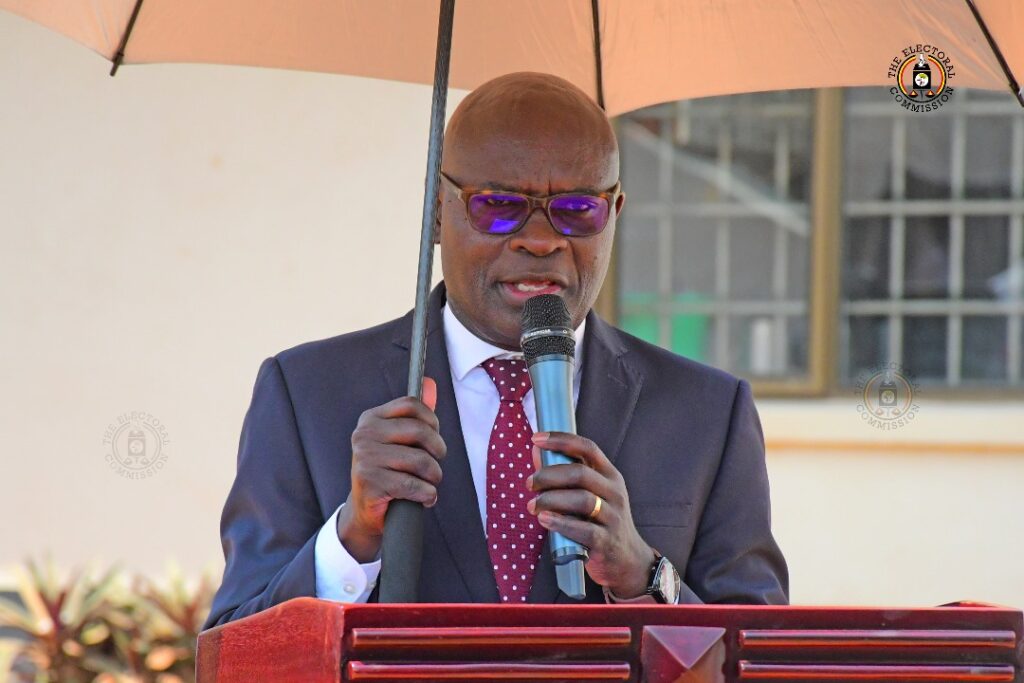The Electoral Commission has postponed elections for non-unionized workers from August 5th to August 18th 2025.
In the notice, the Commission said the delay was agreed upon with the ministry responsible for workers to allow more time for planning and preparation.
“The Electoral Commission, in consultation with the minister responsible for workers, has found it necessary to allow for the conclusion of necessary preparations before convening the conferences. The sub-county delegates’ elections will now take place on Monday, 18th August 2025,” the statement read.
These elections will choose delegates representing workers who are not members of any labour union. These delegates will participate in electing members of parliament to represent workers in Parliament. sports merchandise
Under Section 15 of the Parliamentary Elections Act (Cap 177), a non-unionised worker is defined as someone who works and receives payment, has a valid work identity card, and is not a member of any labour union.
To participate, EC Spokesman Julius Mucunguzi says a person must be a Ugandan citizen aged 18 or older, a registered voter, employed with a valid ID, and not affiliated with a labour union.
“On August 18th, workers at sub-county, division, or town council levels will convene at local government offices to elect 10 delegates, with at least three being women.These delegates will advance to the district or city level. On August 22, 2025, district or city delegates will elect 10 representatives at least three women) to proceed to the regional level,”he said,”
‘Then, on August 25th the four main regions, northern, eastern, central, and western will select 10 delegates each for the final election stage. The final elections for members of parliament for workers are scheduled between January 12 and February 9, 2026, with the exact date to be announced,”Mucunguzi explained.
According to him, voting will be conducted openly by lining up behind preferred candidates. Voters first choose the three women delegates, then the remaining delegates to make up a total of 10. Candidates must be nominated by one worker and supported by two others.
The elected delegates will not hold leadership positions but serve solely as representatives. These elections provide a platform for non-unionized workers, often from small businesses, private homes, and farms, to have representation in parliament alongside unionized workers.
The Electoral Commission has called on government officials and community leaders to disseminate this information widely. EC chairperson Simon Byabakama urged all eligible workers to participate.
“We ask all non-unionized workers to come out in large numbers and take part in choosing their representatives.”Mucunguzi advised.

